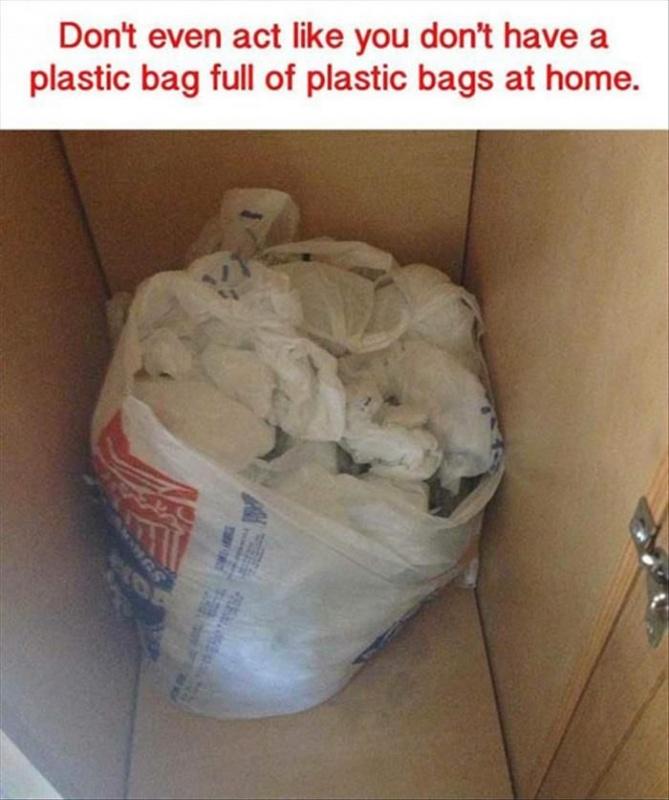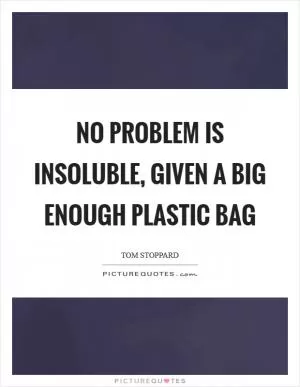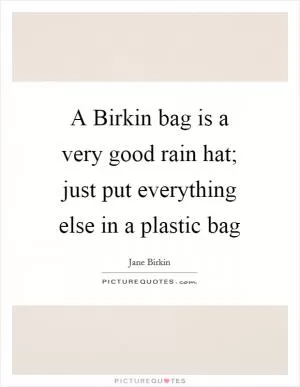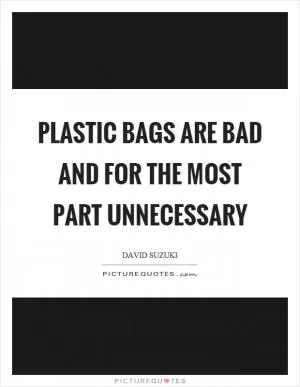Don't even act like you don't have a plastic bag full of plastic bags at home

Don't even act like you don't have a plastic bag full of plastic bags at home
Plastic bags have become a ubiquitous part of our daily lives. From grocery shopping to storing leftovers, these lightweight and convenient bags have found their way into nearly every household. However, the environmental impact of plastic bags has become a growing concern in recent years.One of the most common practices among households is the accumulation of plastic bags. It seems that no matter how many times we reuse them or try to recycle them, they always seem to multiply. This phenomenon has even led to the creation of the term “plastic bag full of plastic bags” to describe the situation where one bag is filled with numerous others.
The irony of this situation is not lost on many people. Despite our best intentions to reduce our plastic consumption, we often find ourselves with a surplus of plastic bags at home. It’s almost as if they have a life of their own, multiplying and taking up space in our cabinets and closets.
But why do we hold on to these bags? Some may argue that they come in handy for various purposes, such as lining trash cans or carrying items from one place to another. Others may simply forget to bring reusable bags when they go shopping and end up accumulating more plastic bags as a result.
Regardless of the reasons behind it, the fact remains that plastic bags are a major contributor to environmental pollution. They are not biodegradable and can take hundreds of years to break down in the environment. This means that every plastic bag we use and discard will continue to exist long after we are gone.
So the next time you find yourself reaching for that plastic bag full of plastic bags at home, remember the impact that it has on the environment. Consider investing in reusable bags or finding alternative ways to carry your items. By making small changes in our daily habits, we can all do our part to reduce the amount of plastic waste that ends up in our landfills and oceans.












 Friendship Quotes
Friendship Quotes Love Quotes
Love Quotes Life Quotes
Life Quotes Funny Quotes
Funny Quotes Motivational Quotes
Motivational Quotes Inspirational Quotes
Inspirational Quotes